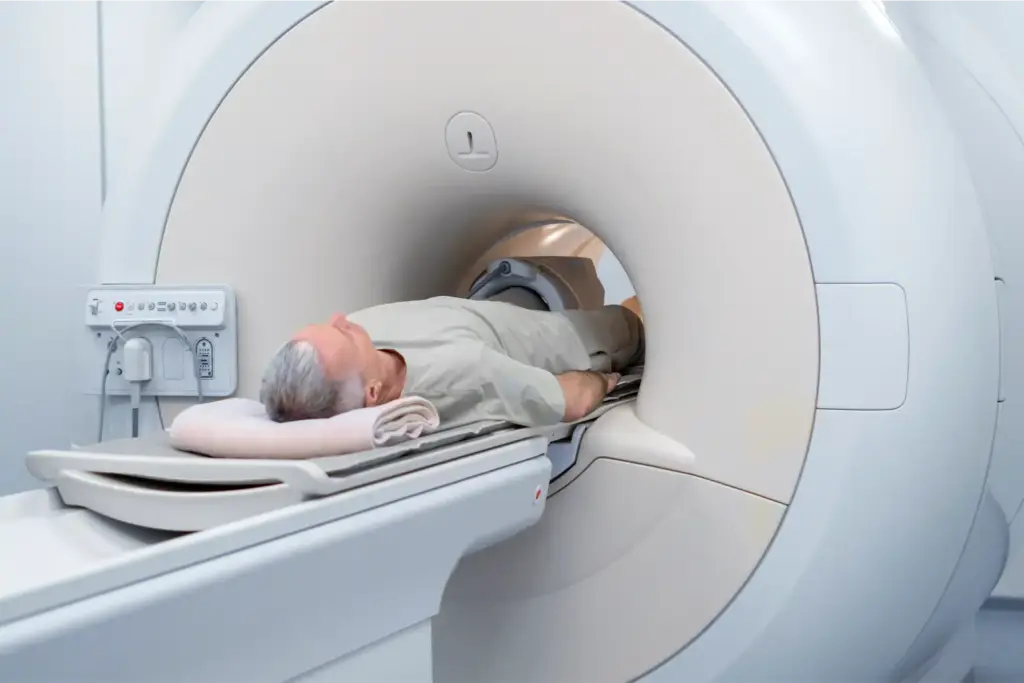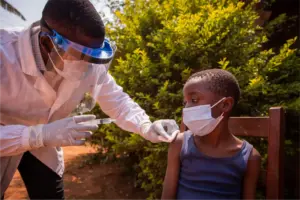
Prostate cancer MRI: A large international trial reports that a 15–20 minute, two-sequence MRI can detect prostate cancer as accurately as today’s longer, three-sequence multiparametric MRI (mpMRI) that requires contrast dye.
The study, led by researchers at University College London (UCL), University College London Hospitals (UCLH) and the University of Birmingham and published in JAMA, tested the shorter biparametric MRI (bpMRI) across 22 hospitals in 12 countries in 555 men aged 59–70.
Also Read | New AI tool predicts which patients benefit most from prostate cancer drug
Radiologists read both protocols independently for every participant. Cancer was identified in 29% of patients on the shorter scan, the same rate as with the standard, dye-based mpMRI. Because bpMRI omits the contrast stage, it can be performed in roughly half the time, with fewer staff and at a lower cost, the authors said. They added that the contrast step, while generally safe, requires clinician time and can occasionally cause mild side effects.
“Time, cost and staff availability are all limiting factors,” said lead investigator, Assoc. Prof. Veeru Kasivisvanathan (UCL/UCLH). “If we can do the scan in up to half the time, with fewer staff and at a lower cost, that will make a huge difference in allowing every man who needs a scan to get one in a timely fashion.” Assoc. Prof. Francesco Giganti (UCL/UCLH) noted that dropping contrast could expand capacity, while stressing scans must be of optimal quality and interpreted by radiologists with dedicated prostate MRI expertise.
The research, funded by the John Black Charitable Foundation and Prostate Cancer UK, also reported indicative NHS costs: about £2,733 (₹3,27,131) for a three-stage mpMRI versus £145 (₹17,356) for the two-stage protocol, according to the authors.








